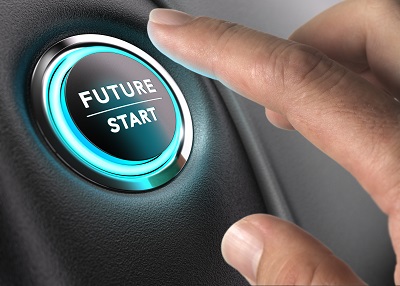Given the scale of the digital revolution thus far, we can be reasonably sure that technological advances will continue to enhance our lives into the future. But how widely will such advances be shared, and why is it up to us? This episode, EconTalk host Russ Roberts welcomed author and Silicon Valley guru Tim O’Reilly to talk about his book, WTF: What’s the Future and Why It’s Up to Us.
O’Reilly argues that we shouldn’t look at technology as being labor-saving. Instead, we should focus on how it lets us do more. Today’s companies are “infused with the digital,” creating new platforms and redesigning themselves all the time. (Amazon is O’Reilly’s prime example.)
1. Is new technology more likely to replace workers, or make existing workers better? To what extent will workers’ lives be equally augmented by such advances? 2. How will autonomous vehicles challenge ride share services such as Uber and Lyft? What does O’Reilly recommend the ride share companies do? What is the likelihood of Roberts seeing an on-demand ride share service with autonomous vehicles in his lifetime?
4. Both Roberts and O’Reilly are concerned that our education system isn’t preparing kids well for the future. How do we give kids today access to the right kind of skills and knowledge they will need to be successful? What are these skills and knowledge bases?
5. What does O’Reilly mean by “the divine right of capital,” and why does he find it problematic? What might be done to mitigate the effects of this new phenomenon?


Comments are closed.